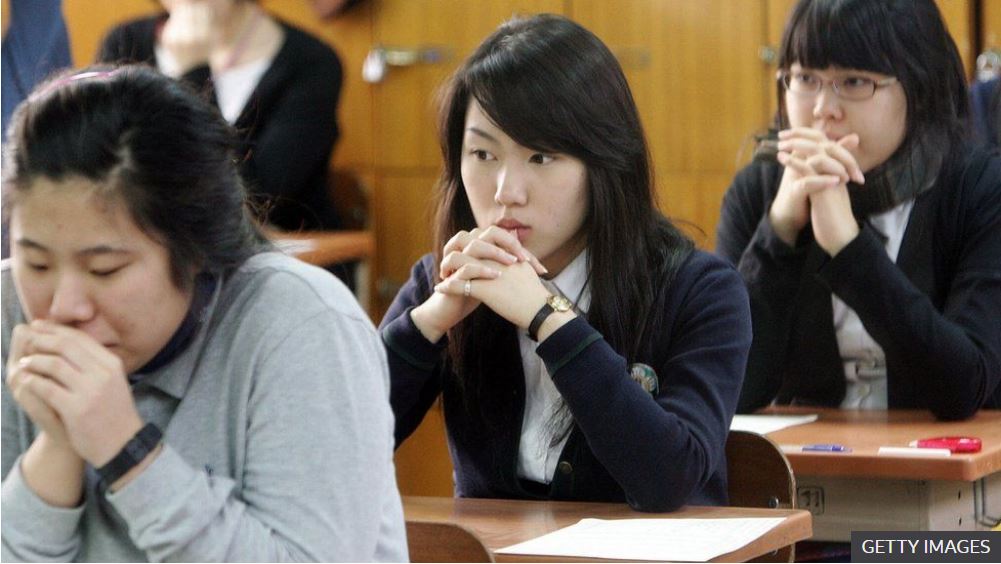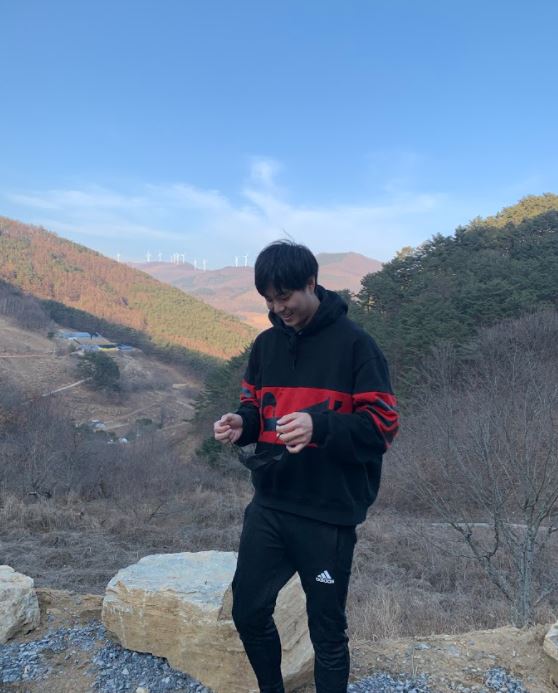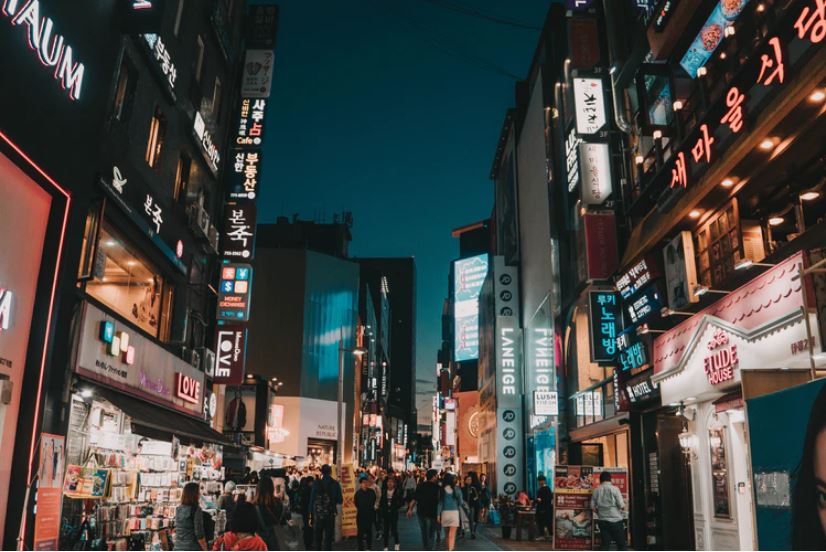5 Facts about Life in South Korea
During Atlas Talk 11, we were lucky to have Steve Kim join us from South Korea. Having lived in Egypt, Dubai and South Korea, Steve compared and contrasted ways of life between these diverse countries. For the most part, we focussed on what life in South Korea is like, covering topics such as education, entertainment culture and social attitudes. Our audience asked Steve many questions, such as how to get into the prestigious Yonsei University.
With our chat with Steve available to watch here, we now go through 5 interesting facts about Life in South Korea.
South Koreans love to drink
With a working culture as never-ending as South Korea’s, it may come as no surprise that the country’s citizens are some of the heaviest drinkers in the world. In fact, a study in 2014 noted that South Koreans drink an average of 13.7 shots of liquor per week. This might have been contrary to your expectations: wouldn’t people in colder countries like Russia drink more? Nope, the same study noted that Russians had 6.3 shots per week.
Consuming alcohol is not just for parties and celebratory occasions in South Korea, it’s served at all occasions. University areas like Hongdae (in Seoul) are well-known for their variety of bars. People will drink with each other during family meals. The most famous (and world’s most popular) drink, soju, is often compared to vodka. People enjoy it for a sweeter finish and a sharp taste. When you drink in Korea though, there are important conventions to follow. One is: if you’re drinking with someone older than you, clink your glass below theirs to show respect.
Kimchi and rice feature in most people's diet

The next time you visit a Korean restaurant in Sydney, take notice of the fiery red vegetables. Kimchi, a spicy side dish consisting of salted and fermented vegetables (usually cabbage), is Korea’s national dish. Each region in the country has its own version of Kimchi. Many households even have temperature-controlled refrigerators to house their family recipe. The superfood, which is linked with weight loss, healthy skin and digestive health, is commonly eaten with rice. In Korea, rice is a staple dish, with short-grain being the most common type. Many will enjoy dipping spoonfuls of rice together with warm stew.
K-pop and K-drama is very popular

There’s even a name for it: “Hallyu”. Describing the way in which Korean popular culture influences global culture, some people alternatively use the phrase “the Korean wave”. It’s seen most prominently in South Korean pop music and television dramas, which have inspired legions of fans from around the world. In 2018, the boy-band BTS was the second best-selling artists internationally. In 2020, the girl-band Blackpink was the most popular act on YouTube for a few months, having garnered more than 1 billion views in October.
Needless to say, K-pop music and K-dramas play an influence on younger people’s lives in South Korea. Many aspire to be like their “idols”, who dance and sing to standards of perfection that global audiences admire. It should be noted however, the darker aspect to South Korea’s K-pop industry, where idols can be trained in gruelling and controlling conditions.
The education system is fierce

“Suneung” is the name for South Korea’s university entrance exam. It characterises the intensity with which Koreans view education as a ‘make-or-break’ way for a better life. Many students want to enter “Sky” – an abbreviation of the nation’s top three universities: Seoul, Korea, and Yonsei. Admission and graduation from these universities, to many Koreans, grants opportunity to work in one of the country’s huge conglomerates. Called “Chaebol”, these companies include LG, Hyundai and Samsung.
The importance of “Suneung” is such that shops are shut, most construction work pauses and planes are grounded on the third Thursday of November each year. This allows for the eight-hour marathon of exams to take place with minimal disruption.
Hiking is a national pastime

With a reputation for working long hours and an education system likened to a pressure cooker, it’s rather reassuring to know that South Koreans enjoy hiking as a form of exercise. That might be an understatement. In fact, 1 in 3 Koreans will go hiking more than once per month. The reason lies in both community and geography.
Geographically, Korea is covered with hundreds of steep peaks. Famous ones include Bukhansan Mountain on the Northern edge of Seoul, from which the views are breathtaking during Winter. Socially, many Koreans share food and rice wine during hikes. It’s a time for family and friends to catch-up and relax after a hard week of work. “Makgeolli” (a traditional rice wine) and marinated beef is enjoyed amongst friends, and even strangers.

